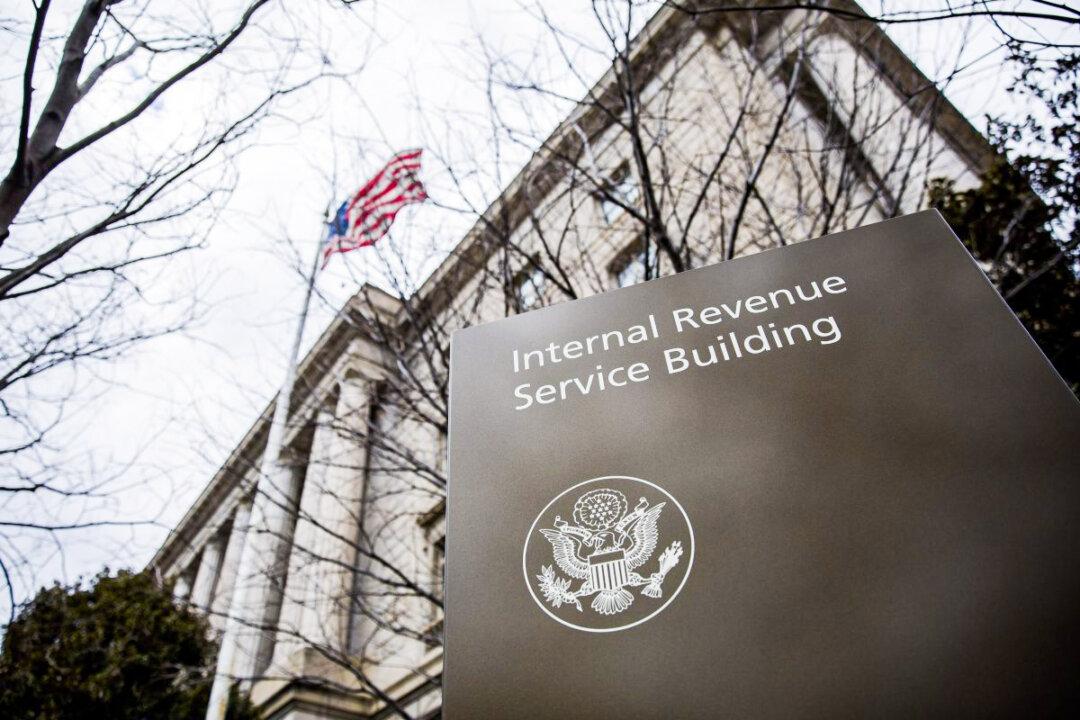The Internal Revenue Service (IRS) has revealed that its audit rates among certain income groups have increased during recent months but still remain low when compared to around a decade back.
The 2019 audit rates of taxpayers belonging to income categories above $50,000 have doubled or more than doubled in the last seven months, the May 26 statement said. The audit rate for those making $50,000 to $75,000, $75,000 to $100,000, $100,000 to $200,000, and $200,000 to $500,000 doubled from 0.1 percent to 0.2 percent. For those earning between $500,000 and $1 Million, the audit rate doubled from 0.3 percent to 0.6 percent.





